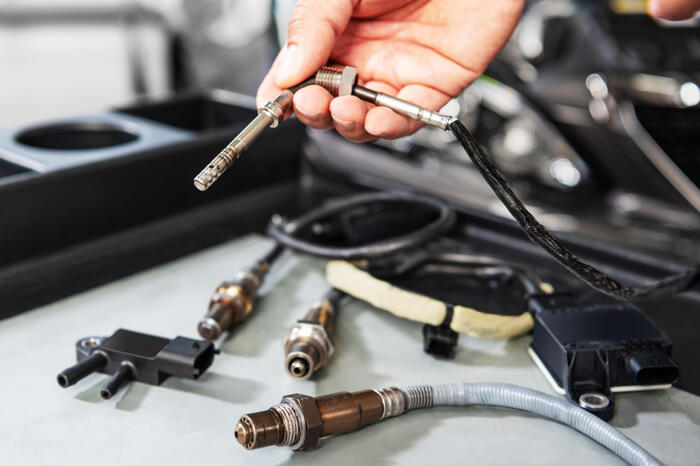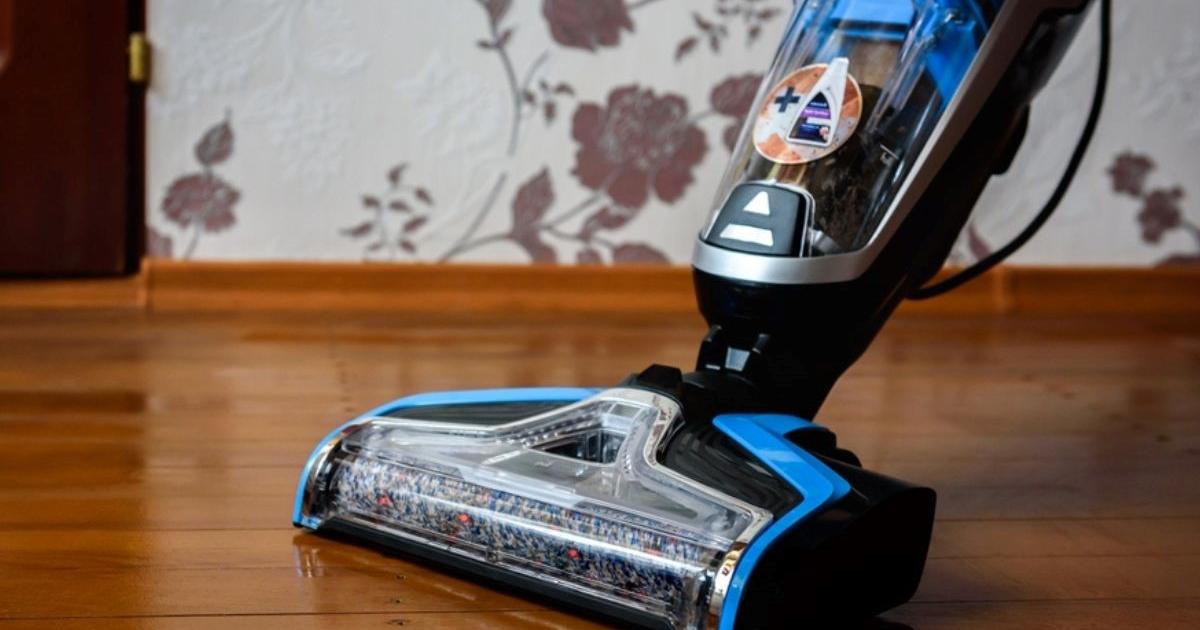Enlarge image
Container ship on the Elbe shortly before Wedel: the environmental problem moved from the air to the sea water
Photo: Axel Heimken / dpa
If a container ship with a yellow exhaust flag passes by on the Elbe, the shipping company could be tricking.
And cheap heavy oil is used, with an unacceptably high sulfur content.
However, there are severe penalties for this, as sulfur oxides contribute significantly to air pollution and make the air thick, even in European port cities.
In order to reduce this pollution and to make global shipping traffic cleaner, the International Maritime Organization IMO stipulated in January 2020 to reduce the sulfur content in marine fuels: from previously 3.5 percent to 0.5 percent.
This does not apply to ships with a so-called scrubber.
These scrubbers usually inject the exhaust steam with seawater, which can significantly reduce sulfur dioxide emissions.
Instead of converting to the more expensive, lower-sulfur fuels, many ship owners therefore continue to rely on heavy fuel oil in combination with scrubbers.
The number of ships retrofitted with this exhaust technology rose from 243 in 2015 to now more than 4,300, and cruise lines also like to rely on this supposedly environmentally friendly technology.
But scrubbers have one major disadvantage: The wastewater created by the washing is usually simply dumped and the environmental problem is shifted from the air to the seawater.
A study has now determined for the first time how much the oceans are polluted.
It comes from the International Council on Clean Transportation (ICCT).
The renowned Washington-based institute started the VW scandal with emissions measurements.
»An environmentally harmful, poisonous cocktail«
On the basis of the shipping traffic data before the Corona era, the researchers determined that the 3,600 ships with scrubbers at the time discharged around ten billion tons of wastewater into the sea each year.
Not only is this warmer and more acidic than seawater, it also contains polycyclic aromatic hydrocarbons, nitrates, nickel and mercury - "an environmentally harmful, toxic cocktail that is potentially carcinogenic for marine mammals such as beluga whales," says ICCT spokeswoman Liudmila Osipova.
According to the study, the three regions most heavily polluted by the scrubbers include the Malacca Strait in Southeast Asia, the Caribbean and the busy Baltic Sea.
According to Osipova, the impairment caused by sewage in the Caribbean was almost exclusively due to cruise ships.
On land, the floating hotels also pollute the ports: With Georgetown and Southampton, two typical cruise spots lead the top ten of the most polluted port cities.
Among the four countries with the most scrubbing wastewater in their seas, there are three European countries besides the USA: Great Britain, Italy and Greece.
The ICCT recommends banning the dumping of scrubber waste water.
28 countries (including Portugal) have already done this in their ports and some in the sea zones they control.
The ships have to switch to more environmentally friendly fuel or shore power at these locations.
However, according to the researchers, some bans had a contradictory effect: Panama, for example, banned scrubbers in the Panama Canal. At the same time, according to the study, ships flying the country's flag are responsible for 18 percent of the world's scrubber contamination.








